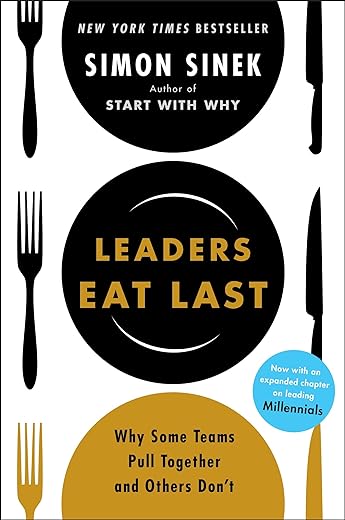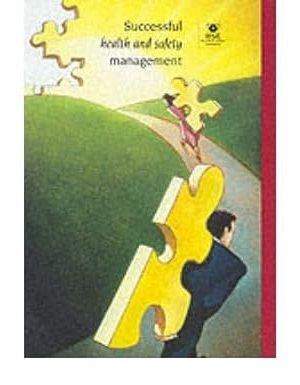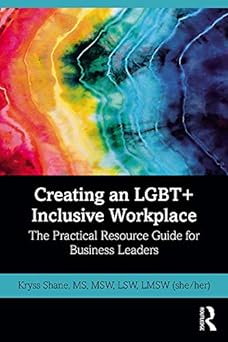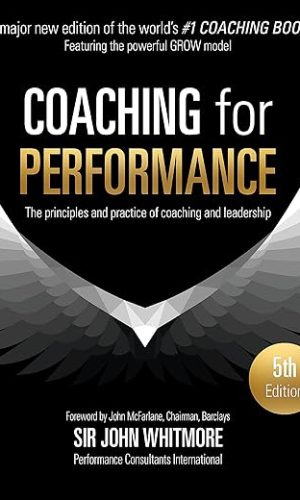Leaders Eat Last: Why Some Teams Pull Together and Others Don’t
£1.99
Leadership is not a rank, it is a responsibility. Leadership is not about being in charge, it is about taking care of those in your charge.
When we take care of our people, our people will take care of us. They will help see that our cause becomes a reality.
In Leaders Eat Last, Simon Sinek, internationally bestselling author of Start With Why, investigates these great leaders from Marine Corps Officers, who don’t just sacrifice their place at the table but often their own comfort and even their lives for those in their care, to the heads of big business and government – each putting aside their own interests to protect their teams.
‘Simple and elegant, it shows us how leaders should lead’ William Ury, co-author of Getting to Yes
Read more
Additional information
| Publisher | Penguin, 1st edition (9 Jan. 2014) |
|---|---|
| Language | English |
| File size | 2882 KB |
| Text-to-Speech | Enabled |
| Enhanced typesetting | Enabled |
| X-Ray | Enabled |
| Word Wise | Enabled |
| Sticky notes | On Kindle Scribe |
| Print length | 336 pages |










by @Timothy_Hughes
Not as good as “Start with Why” and “The Infinite Game” but worth a read. In the book Simon describes a number of the drugs that the body makes when it does certain things. As always Simon has some great examples and case studies. The reader must understand that Simon backs his arguments with a sample of one and we should never use a sample of one. Just because one company is “bad” it does not make all companies “bad”. Must admit, I found that last 100 pages tiresome as Simon as these are all based around Simon’s opinion.
by Amazon Customer
I really enjoyed the discussion of key blood hormones and how their relate to what we do in the workplace. This is very inspiring and is a great tool of reflection. So we really promote working practices and values that promote those positive hormones and reduce cortisol.
by Raymond Warren
A little slow to start I did fear this was another apple pie and motherhood book on leadership. The section on our dependency on natural stimulants such as dopamine and oxytocin changed my mind. This was real insight to how humans react and why. Building on this with cases from real life organisations really helped to show the long term impact of human reaction and the need we have for the quick hit now that has started to separate us from our fellow workers. The whole idea of leadership for me is about creating a clarity of vision, involving and engaging those who follow us and having a longer term view of performance that creates and supports trust in the leader and in the team members. Sinek’s book finally helped me to understand why that works from a very human level.
by E. Gopalakrishnan
This book is truly amazing. I can’t imagine the amount of time that went into doing all the research behind this book.
The anecdotes are so good, you just keep reading/listening, based on whether you’re using audible or not.
Sinek is a great story teller and this book is an example of how to explain what most people might consider relatively difficult topics in a very interesting way.
The psychology and the play of hormones behind our behaviours was probably the most valuable part for me. I had never thought of it that way prior to reading the book. And suddenly a lot of things that I kept wondering about started making sense.
I wish I had read this book before I took the leap to a leadership role. But maybe I wouldn’t have been able to relate it as much if I hadn’t given leadership a shot and made my own mistakes earlier.
I loved it once and I am sure I will read it many times throughout my career to remind me how to keep being an amazing leader.
by L. Watson
“Leaders Eat Last: Why Some Teams Pull Together, and Others Don’t by Simon Sinek is a must-read for anyone looking to build a strong, supportive, and productive team. Sinek provides insightful and thought-provoking commentary on the importance of leadership and its role in creating a positive work environment. He also offers practical solutions and strategies for leaders to develop a culture of trust and collaboration within their teams. Whether you’re a seasoned leader or just starting out, this book is sure to inspire you to make positive changes in the way you lead and the way your team operates. A truly inspiring and educational read!”
by Nonny Mouse
Leaders Eat Last is a worthwhile read. I would give it 3/5 stars with the following comments:
Sinek offers a brief explanation of how psychology and biochemistry guide our choices and behaviours. He then develops this by proposing his ‘Circle of Safety’ theory of human behaviour, and relates this to working environments. I found this part of the book the most compelling. Although not intended to be an academic text, he grounds his theory in scientific evidence, expressed in uncomplicated straightforward language. He also provides real-world examples to develop your understanding and to place his explanations firmly within a work or business context.
Further into the book historical context is given to support the observation that workplace cultures change along with the psychologies of those that inhabit them- I found this worthy of reflection, although it was a little long and tedious in places. Whilst not an instruction manual for creating workplace trust, nor a presentation of ‘The Business Case for Workplace Altruism’ it is possible to glean ‘dos and don’ts’ from the many case studies given.
Whilst undeniably hopeful, there are several areas for improvement. The book lost 2 stars because the examples became repetitive after the first few chapters; I found them excessive and unnecessary. They didn’t add anything to the argument being made. The structure and pace of the book also left much to be desired. I kept reading hoping that the last two-thirds of the book would show a development of the author’s ideas, but they merely re-stated the first third with another gush of case studies.
I think the ideas in this text would have been expressed in a more interesting way if they had been presented as a series of three or four essays. This might have curbed Sinek’s habit of repetition and overuse of illustrative examples, making his arguments clear and more persuasive. He might have paced himself more effectively and linked his ideas better (for example his explanation of the Baby Boomer and Millenial work ethics).
by R.M.F.Brown (Author)
On the surface, this appears to be another fashionable, theory-of-the-month book. In reality, it’s a practical guide to helping create leaders out of people, using real world examples. Everybody wants to be leader, everybody wants to be the great captain of a team, or the head of business that brings home the bacon.
Unfortunately, leadership is tricky to define. To his credit, Sinek recognises this and doesn’t beat around the bush. Instead, he hopes to encourage people to think critically on this issue and adopt some of the traits of history’s great leaders. The olf adage that some are born great, some achieve greatness, and others have greatness thrust upon them, was tailor made for this book.
Practical, entertaining, and refreshingly honest. There’s something for everybody in this book.